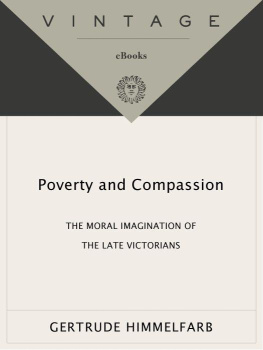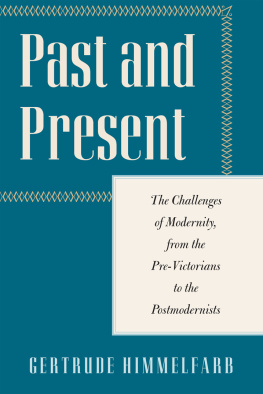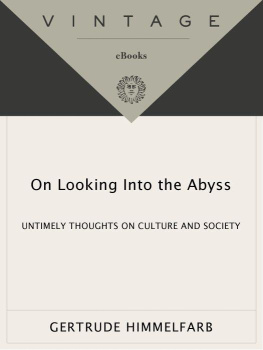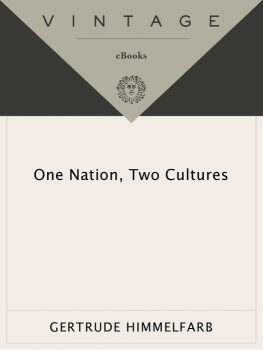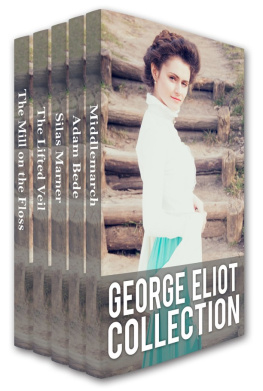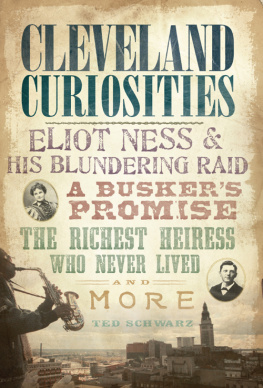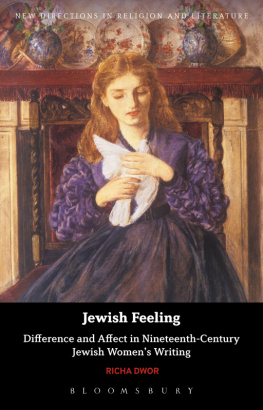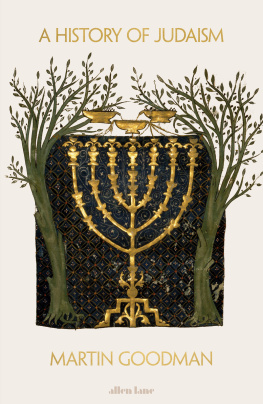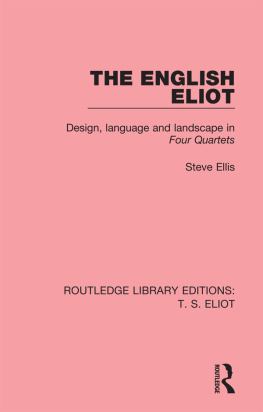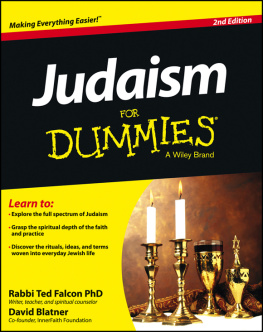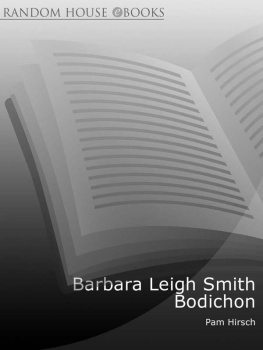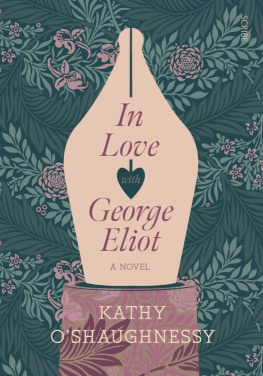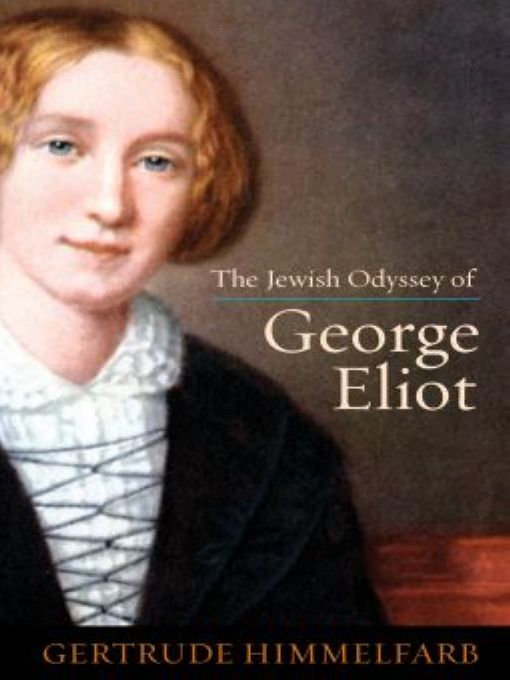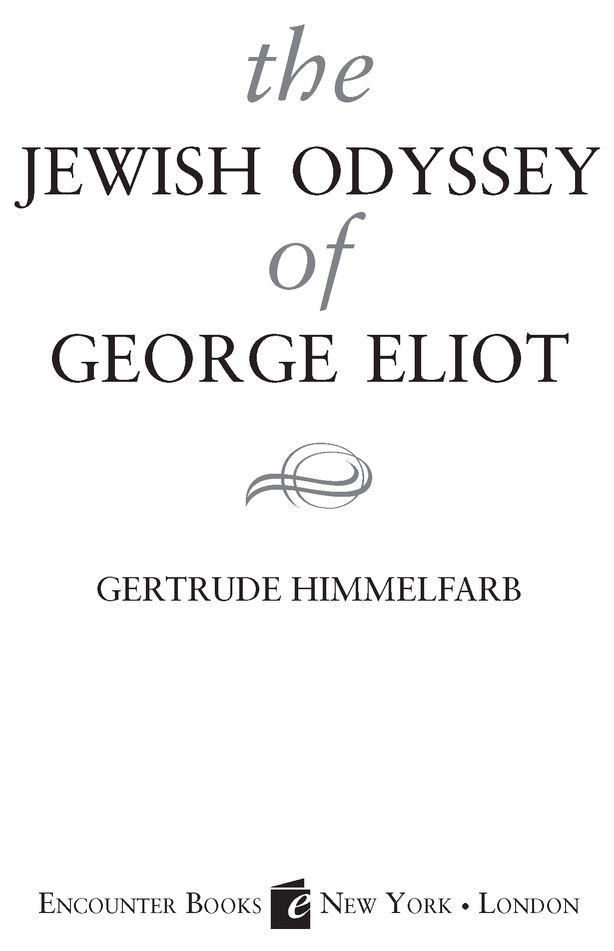Table of Contents
for
BILL AND SUSAN, LIZ AND CALEB
PROLOGUE
It is one of the curiosities of English literary history, and of Jewish literary history as well, that the most remarkable English novel about Jews, taking Judaism seriously as a faith and anticipating the idea of a Jewish state, should have been written by a non-Jewa Victorian woman, moreover, who was generally regarded by her contemporaries, as well as by some later critics, as the greatest English novelist of her time. Yet in biographical and critical studies of George Eliot, Daniel Deronda is often dismissed as something of an anomaly, an inexplicable and somewhat unfortunate turn in her life and work.
Eliot herself suspected (rightly, as it turned out) that the Jewish element in it was likely to satisfy nobody. Many critics, at the time and since, have found that elementthe discovery by Deronda of his Jewish identity and with it a Jewish missionan intrusion in what would otherwise have been a great novel, perhaps her greatest novel. Almost three-quarters of a century later, the eminent literary critic F. R. Leavis gave Daniel Deronda a coveted place in the Great Tradition of the novel, suggesting that this deformity, as he saw it, could easily have been excised from it. Years later he did just that, preparing an edition of the novel shorn of the Jewish element, under the title Gwendolen Harleth. (That book never appeared only because his publisher had second thoughts about it.)
Eliot would have been appalled by such an emasculation. I meant everything in the book, she insisted, to be related to everything else there. The novelist, however, was not as sharply demarcated from the essayist or translator as the change of name might suggest. The last and most challenging of her novels, Daniel Deronda, was, in a sense, a retrospect of her life and mind, a refashioning of the moral, social, and religious themes that had always occupied her, in one form or another.
Daniel Deronda was not a jeu desprita Jew desprit, as was said mockingly of Disraelis Jewish novels. Published in 1876, it was a meticulously planned and executed work, very much a product of the mature George Eliot. And lest the book be dismissed, as Disraelis novels were, as a mere novel, a romance or fantasy, Eliot returned to the theme two years later in an essay that was a passionate defense of Judaism and a Jewish state. Written while she was attending to George Lewes (her husband in all but name) on his deathbed, the essay appeared soon after his death. It was the last chapter of her last book. Eliot herself died two years later.

If biographers have not taken seriously the Jewish element in Daniel Deronda, or in George Eliot herself, it is perhaps because there have been other anomalies in her life and work to intrigue them. There was, most notably, her relationship with Lewes, a married man, the father of four children, who could not get divorced because he lacked the legal grounds for it, having condoned his wifes affair with his good friend, Thornton Hunt, who was himself married and with whom Lewess wife had four more children. (Twice Hunt had children with his wife and Mrs. Lewes within weeks of each other.) Earlier, Eliot was suspected, by both his wife and his mistress, of contemplating an affair with John Chapman, the publisher of the Westminster Review which she was editing and in whose house she was living. This would have amounted to a mnage quatre. (Eliot did not know that the governess in the household was also Chapmans mistress.) And before that she had been rumored as engaged to the philosopher Herbert Spencer, who described them as on very intimate terms (using intimate in the Victorian sense that did not necessarily imply sexual intimacy). They both denied those rumors, insisting that they were simply good friends.
It was a rather free and easy circle in which Eliot moved in these years. And while there was nothing free and easy in the domestic life of Lewes and Eliottheirs was a proper and entirely monogamous marriage, in all but namethe fact that they lived together openly, not secretively, was provocative enough in Victorian England. And it was still more provocative in the case of Eliot, the premier moralist of that very moralistic age, who blatantly defied one of its basic principles, the sanctity of marriage. Yet her reputation (literary as well as moral) was such that it surmounted this impropriety. If she was ostracized by a few, she was lionized by many others, including nobility and even royalty. She had more dinner invitations than she cared to accept, and people were honored to be asked to her regular Saturday evening or Sunday afternoon at homes.
Latter-day feminists, who find this aspect of Eliot appealing, are put off by the fact that she herself tried to put a conventional gloss on this unconventional relationship, insisting on being addressed as Mrs. Lewes, to which the real Mrs. Lewes, among others, obligingly acquiesced. (She signed her personal letters Marian Lewes or M. E. Lewes.) After Lewes died, she married (rather hastily and brieflyshe died within the year) a much younger man, John Cross, with all the trappings of a proper marriage: a trousseau, a church wedding, and a honeymoon. (Her friends were more shocked by this marriage than they had been by her non-marriage with Lewes.) A more serious affront to feminists, at the time and since, was her refusal to support John Stuart Mills amendment to the suffrage bill of 1867, which would have given women the vote. They could hardly be reassured by her explanation that just because the woman has the worse share in existence, that was all the more reason for a sublimer resignation in woman and a more regenerating tenderness in man.
Yet feminists might have found a powerful advocate for their cause in one of the most fascinating characters in Daniel Deronda, Derondas mother. Compared with her passionate plea for liberationa liberation from the conventional role assigned to women by Judaism even more than by bourgeois societyMills speech on the suffrage and his essay on The Subjection of Women were academic and anemic. The mothers account of her artistic aspirations and achievements, the compromises and sacrifices she had to make for her career (giving up her son, most notably), made her rendition of the feminist argument all the more compelling. By the same token, it made Derondas rejection of that argument all the more interesting. The Judaism his mother found so restrictive (for men as well as women), he found liberating, providing women (as well as men) a dignity and a humanity that transcended the freedom and equality sought so desperately by his mother.
The mothers tale is still more intriguing, for it suggests affinities with Eliot herself, who was no less strong-minded and strong-willed, who defied her father and teachers, embraced ideas that were radical and heretical, and flouted the sexual (or at least marital) conventions of her society. Yet she no less firmly rejected, as Deronda did, the kind of liberation his mother argued for so passionately. So far from giving up her son to be raised by another, Eliot, though she had no children of her own, was very much involved with Lewess children, quite as if she was their mother. Derondas mother might be a model for a latter-day feminist. Eliot quite definitely was not.


